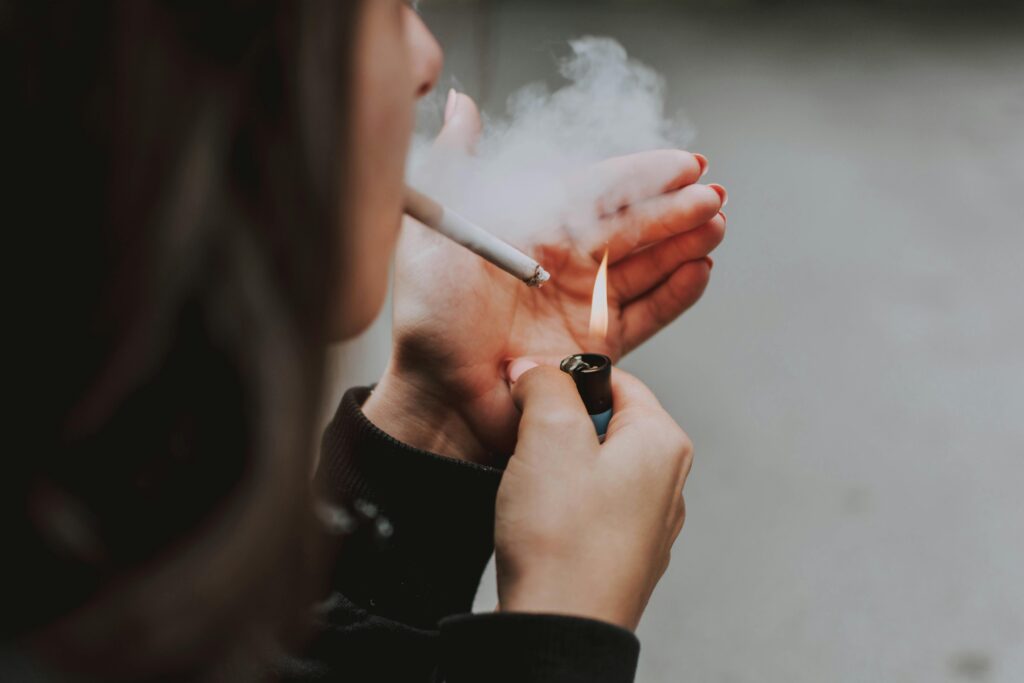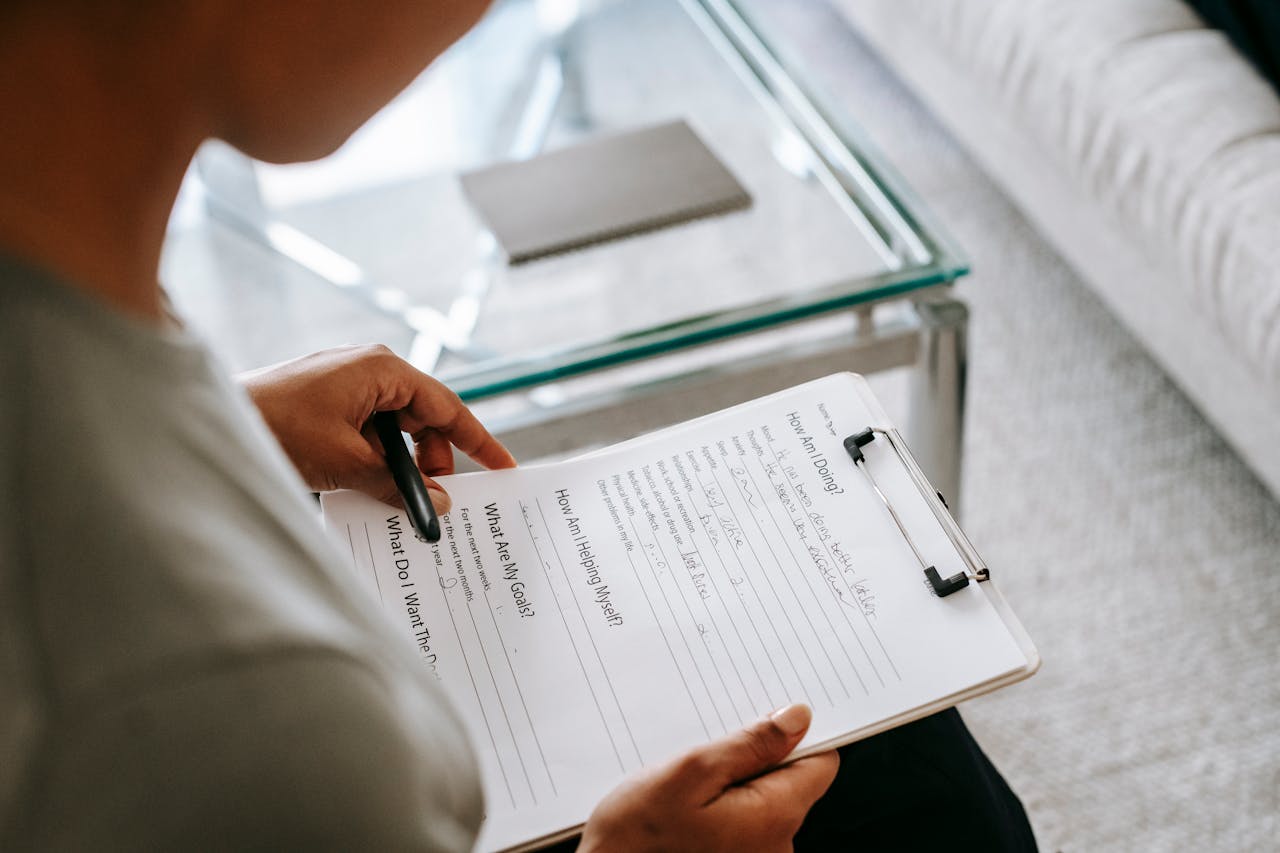
Therapy is meant to be healing — a space for clarity, self-reflection, and growth. But what happens when you leave a session and feel the opposite of grounded? If you find yourself turning to substances, extreme behaviors, or self-harm after therapy, it might be more than just a coping mechanism — it could be a sign that you need additional psychiatric support.
This isn’t uncommon. In fact, many people begin therapy for one concern, only to find that deeper emotional wounds begin to surface. The good news? You’re not alone, and there’s help beyond talk therapy.
When Coping Becomes Avoidance
It’s natural to want to decompress after an emotionally heavy session — maybe you take a walk, journal, call a friend, or watch something light to reset. But if you notice yourself consistently:
- Drinking or using substances after therapy to “numb out”
- Overeating or undereating to feel control or comfort
- Engaging in impulsive behaviors like reckless spending or unsafe sex
- Zoning out completely through hours of screen time or isolation
- Self-harming or having thoughts of hurting yourself
…these may be signs that your coping strategies are crossing into the territory of avoidance.
Avoidance doesn’t mean weakness — it often means your nervous system is overwhelmed. When therapy brings up unresolved trauma, repressed emotions, or difficult realizations, your body might go into fight-or-flight mode without you even realizing it. Turning to substances or self-harm can temporarily relieve the pressure, but they ultimately prevent you from processing what’s coming up. And over time, these patterns can worsen symptoms of anxiety, depression, or trauma.
Self-Soothing or Self-Harm: Understanding the Difference
It’s important to understand the difference between self-soothing behaviors and self-destructive behaviors — especially when therapy feels triggering.
Healthy self-soothing includes things like:
- Deep breathing, grounding exercises
- Listening to calming music
- Talking to a trusted support person
- Creative expression (art, writing, movement)
Self-harm or self-destructive behaviors are typically reactive and come from a place of wanting to escape, punish, or suppress emotional pain. These can include:
- Cutting, burning, or other forms of physical harm
- Substance abuse (alcohol, weed, pills, etc.)
- Extreme restrictive eating or bingeing
- Unsafe or impulsive sexual activity
The distinction isn’t about shame — it’s about safety. If your post-therapy behavior is leaving you feeling worse, regretful, or further disconnected from yourself, that’s a sign it’s time to get extra support. Especially if these behaviors are becoming routine or escalating in intensity.
Why Psychiatric Support Can Be a Lifeline During Deep Emotional Work
Here’s the thing: Therapy opens doors, but sometimes what’s behind those doors is too heavy to hold alone.
If you’re experiencing intense emotional reactions during or after therapy — and especially if you’re struggling with self-harm urges or substance use — a psychiatrist or psychiatric nurse practitioner can help in a few key ways:
- Medication Support: If your nervous system is in survival mode, stabilizing your mood, anxiety, or sleep with medication can make therapy safer and more effective.
- Diagnostic Clarity: Sometimes the behaviors you’re experiencing are linked to underlying conditions like PTSD, bipolar disorder, borderline personality disorder, or depression — which require more than just talk therapy to manage.
- Integrated Treatment Plans: Working with a psychiatrist alongside your therapist ensures your care team is collaborating to help you heal — not just survive from week to week.
It’s not about “graduating” from therapy or admitting defeat — it’s about building the support system you need to move through the deeper parts of your healing journey.
When to Reach Out
If any of the following apply to you, it may be time to consult with a psychiatric care provider:
- You feel emotionally unstable after sessions, for more than a few hours or days
- Your coping mechanisms feel compulsive, harmful, or out of your control
- You’re experiencing suicidal ideation or urges to self-harm
- You’re using substances more frequently or in larger amounts to cope
- You feel therapy is “making things worse” instead of better — and it’s scaring you
These are not signs of failure. They are signs your body and mind are asking for more support. And you deserve that support.
Contact Khalsa Psychiatric Services
If you are experiencing any of the symptoms discussed, or if you are concerned about the intensity of your memories surfacing in therapy, we at Khalsa Psychiatric Services are here to help. We offer comprehensive psychiatric evaluations and personalized treatment plans to address your specific needs. Our team of experienced professionals is dedicated to providing compassionate and effective care.
To schedule an appointment or to learn more about our services, please contact us:
- Phone: (859) 340-3500
- Email: kps@khalsapsychiatricservices.com
- Address: 103 N. Hamilton St Ste 1,2,3 Georgetown, KY 40324-1705
We understand that seeking help can be challenging, and we are committed to providing a safe and supportive environment for your healing journey. Do not hesitate to reach out.



